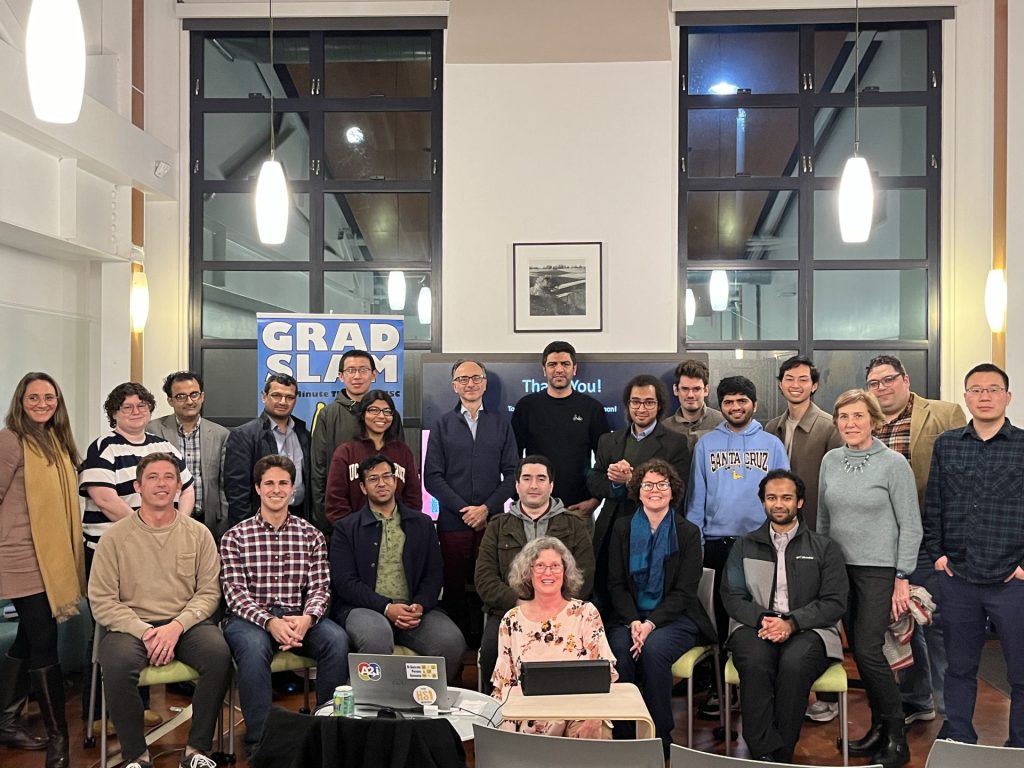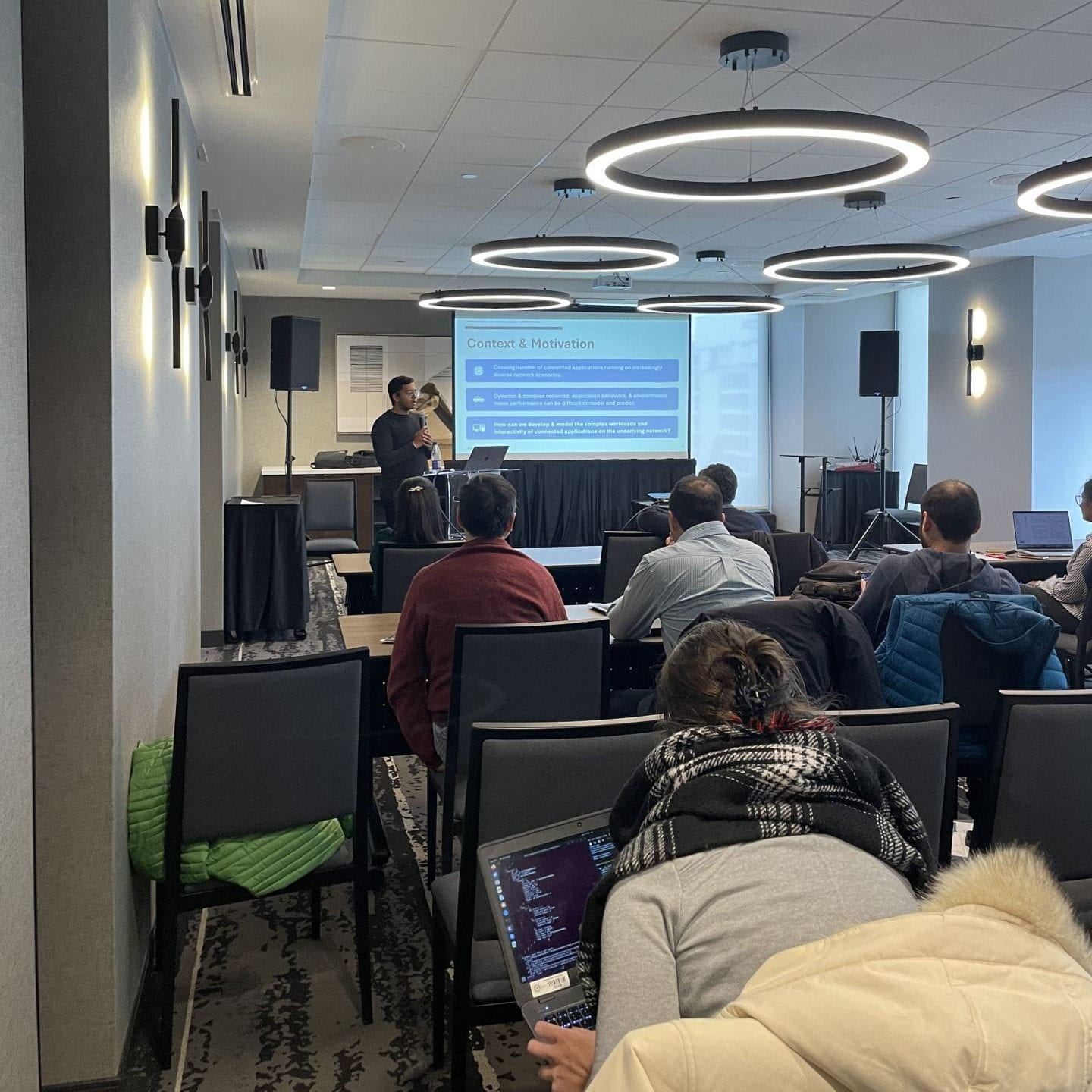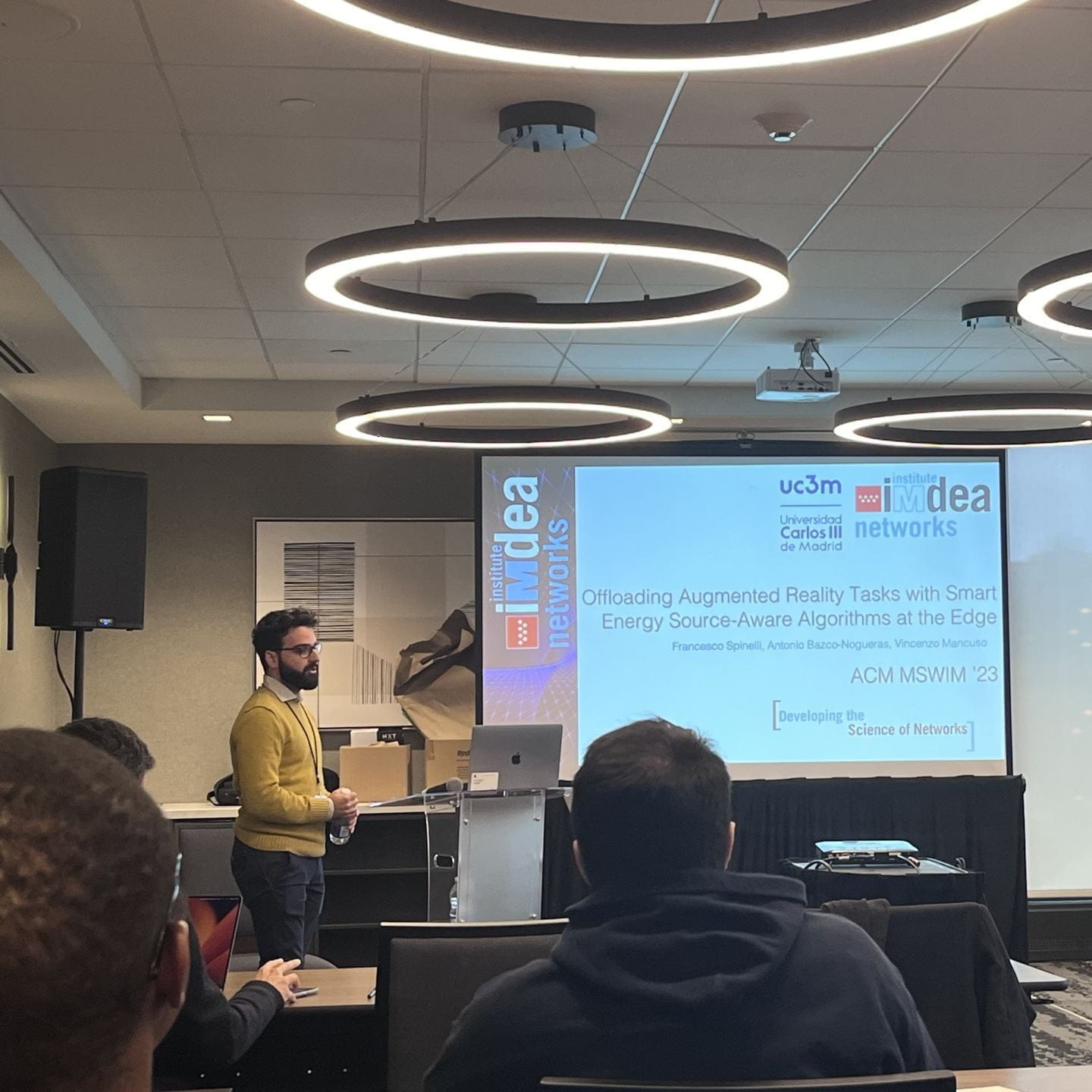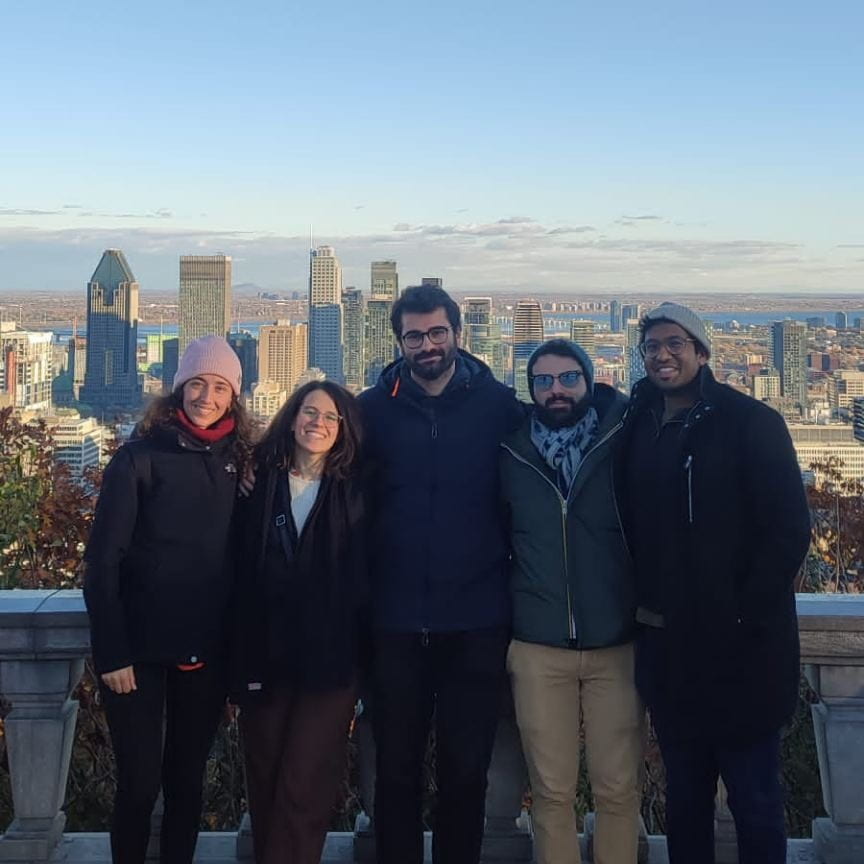Wireless Fidelity (WiFi) based indoor positioning is a widely researched area for determining the position of devices within a wireless network. Accurate indoor location has numerous applications,
such as asset tracking and indoor navigation. Despite advances in WiFi localization techniques- in particular approaches that leverage WiFi telemetry- their adoption in practice remains limited due to several factors including environmental changes that cause signal fading, multipath effects, interference, which, in turn, impact positioning accuracy. In addition, telemetry data differ depending on the WiFi device vendor, offering distinct features and formats; use-case requirements can also vary widely. Currently, there is no unified model to handle all these variations effectively. In this paper, we present WiFiGPT, a generative pre-trained transformer (GPT) based system that is able to handle these variations while achieving high localization accuracy. Our experiments with WiFiGPT demonstrate that GPTs, in particular Large Language Models (LLMs), can effectively capture subtle spatial patterns in noisy wireless telemetry, making them reliable regressors. Compared to existing state-of-the-art methods, our method matches and often surpasses conventional approaches for multiple types of telemetry. Achieving sub-meter accuracy for RSSI and FTM and centimeter-level precision for CSI demonstrates the potential of LLM-based localisation to outperform specialized techniques, all without handcrafted signal processing or calibration.
Category: News
Pulse-Fi: A Low-Cost System for Accurate Heart Rate Monitoring Using Wi-Fi Channel State Information
The widespread use of Wi-Fi infrastructure in indoor environments allows for non-intrusive health monitoring. While traditional vital sign monitoring relies on specialized equipment that can be expensive, uncomfortable, or not viable for long-term use, recent advances in wireless sensing allow for continuous, contactless monitoring using commodity devices. Our work looks at how Channel State Information (CSI) from low-cost, single antenna Wi-Fi devices can be used for accurate heart rate monitoring using compact deep learning.
Our experimental validation is done using two datasets, including the most CSI-based heart rate dataset with 118 participants in 17 positions, which shows that PulseFi achieves state-of-the-art accuracy (Mean absolute error 0.08 BPM) compared to existing methods, while maintaining nearly perfect consistency across varying distances between transmitter/receiver, and positions. By using single antenna amplitude information alone, PulseFi significantly reduces the hardware requirements and computational complexity, with the models being able to run locally real-time on the ESP32 chips (<600KB of RAM).

Fall 2024 • i-NRG Seminar Series
The academic year has started and more advancements are taking place in the lab! This quarter, we’re happy to talk about new research in network cybersecurity, indoor localization, edge intelligence, and new light-based technologies!
- October 25 • Nayan Bhatia • Wi-Fi Indoor Localization
- November 1 • Harikrishna Kuttivelil • Emergent Decentralized Federated Learning
- November 8 • Li Xue • Device Fingerprinting for Network Security
- November 15 • Lakshmi Krishnaswamy • Load Balancing for Geo-Distributed Data Center Networking
- November 22 • Tyler Morton & Firouz Valdafari • Li-Fi: Light-based Technologies
Spring 2024 • i-NRG Seminar Series
This Spring term is exciting, with it being advancement season for many in the lab, which means we’ll be doing a lot of practice presentations, and also a productive season for newer members of the lab, with a lot of progress being made across several of our projects. We’re excited to share and learn more about the research going on in our lab. Here’s the schedule for upcoming presentations during this term:
- April 23 • Integrated Routing, Clustering, and Data Aggregation for Large-Scale Heterogeneous IoT • Andrea David • Advancement Practice #1
- April 30 • A Comparative Performance Study of the Datacenter Load Balancing State-of-the-Art • Lakshmi Krishnaswamy • Research Update
- May 7 • Federated and Decentralized Orchestration in Collaborative IoT Intelligence • Harikrishna Kuttivelil • Research Update
- May 14 • TBD • Cedric Westphal • Presentation
- May 21 • FIAT LUX: Towards Efficient Visible-Light Communication for Next-Generation IoT • Firouz Vafadari, Tyler Morton, Jack Lin • Research Update
- May 28 • Integrated Routing, Clustering, and Data Aggregation for Large-Scale Heterogeneous IoT • Andrea David • Advancement Practice #2
- June 4 • Optimizing Wireless Networks: Integrating WiFi Localization, Spatial Load Balancing, and Seamless Handoff Strategies • Nayan Bhatia • Research Update
Presentation details will be added as the presenters finalize their presentations.
All presentations will take place in the lab at Engineering 2, Room 315. You can find the calendar events and Zoom links for remote access in the Upcoming Events section of the lab homepage.
Firouz Vafadari Wins Engineering Grad Slam for i-NRG!

Congratulations Firouz Vafadari for being one of two finalists of the Baskin Engineering Grad Slam 3-minute thesis competition!
Firouz presented his developing research ideas about building infrastructure and technology a Wi-Fi/Li-Fi solution for ensuring connectivity through light-based downlink and WiFi-supported uplink. His presentation definitely got the audience – a mix of students, faculty, staff, and friends – engaged about the possibilities of a light-connected Internet. After careful deliberation from the event judges, he was chosen out of 17 participants. Firouz will go on to compete in the UC Santa Cruz Grad Slam along with 9 other participants from different campus divisions on March 2 at the Kuumbwa Jazz Center. He will also be implementing his ideas in his work with the Greener Greenhouses project.
In addition to Firouz, Nayan Bhatia and Hari Kuttivelil also participated in the Grad Slam. Nayan presented his thesis work of indoor localization with Wi-Fi and how it can be a non-invasive option for health and safety monitoring. Hari presented about the democratization of artificial intelligence and his development of clustered decentralized learning networks.
Above is a picture of the Engineering Division Grad Slam participants, judges, and staff, including Firouz (standing, 7th from the right), Nayan (standing, 5th from the right), and Hari (sitting, 3rd from the left).
i-NRG Presents 2 Papers in ACM MSWIM ’23 & ACM Q2SWiNet in Montreal, Canada!


Dylan Cirimelli-Low and J. J. Garcia-Luna-Aceves published their paper, Simple and Efficient Loop-Free Multipath Routing in Wireless Networks, at MSWiM ’23: Proceedings of the Int’l ACM Conference on Modeling Analysis and Simulation of Wireless and Mobile Systems. J. J. presented the paper and served as a keynote speaker and panelist for the conference.
Harikrishna Kuttivelil, Shesha Sreenivasamurthy, Lakshmi Krishnaswamy, and Nayan Bhatia published their paper, Network Simulation Bridge: Bridging Applications to Network Simulators, at Q2SWinet ’23: Proceedings of the 19th ACM International Symposium on QoS and Security for Wireless and Mobile Networks, co-located with MSWIM ’23. Harikrishna presented the paper at the symposium. The work is part of the lab’s effort in developing the Network Simulator Bridge (NSB).
Francesco Spinelli from IMDEA Networks in Madrid, Spain – who was a visiting Ph.D. in i-NRG from January to August of 2023 – was also present at the conference, presenting his paper, Offloading Augmented Reality Tasks with Smart Energy Source-Aware Algorithms at the Edge.



CMPE 280N Schedule – Fall 2022
CMPE280N: Seminar on Networks
Fall 2022: Thursdays at 1:00 pm, Room E2-315
- October 13 — Kerry
- October 20 — Anuj dry run
- October 27 — Dylan + ?
- November 3 — Li
- November 10 — Colleen Josephson
Title: Enabling sustainable sensor networks with RF backscatter
Abstract: We need affordable and innovative sensing to assist in tackling global-scale problems like sustainably feeding the next billion. RF backscatter systems such as RFID are well-known in the sensing community because of their low power consumption. This talk explores how we can enable robust indoor/outdoor RF-backscatter sensing by leveraging advances in low-power embedded systems. It will describe the challenges faced in low-power and sustainable sensor networks, and provide an overview of an outdoor radar backscatter sensing system that uses RF to measure soil moisture with accuracy comparable to state-of-the-art commercial sensors, but at a fraction of the cost. Also to be discussed is recent work on renewably powering outdoor sensor systems via energy harvested from non-traditional sources like microbes.
Bio: Colleen Josephson is an Assistant Professor in the Electrical and Computer Engineering department at UC Santa Cruz, where she leads the jLab in Smart Sensing, and is a faculty affiliate with the UCSC Center for Agroecology and the UCSC Hardware Systems Collective. She is also an associate editor for the new journal, IEEE Transactions on AgriFood Electronics (TAFE). Her research interests include wireless communication and sensing systems, with a focus on technologies to enable and improve sustainable practices in agriculture and beyond. Colleen completed her PhD in Electrical Engineering at Stanford University. Before beginning her PhD, she worked at Cisco Meraki as a wireless engineer, and even before that she received her SB and MEng degrees from MIT. Her recent recognitions include being named a 2022 N2Women Rising Star in Networking in Communications, a 2020 Rising Star in EECS, and in 2019 she was a finalist in the MIT Bay Area Research Slam.
- November 17 — Sinjoni
- November 24 — Holiday
- December 1 — Supraja
Publication by Daniel Alves et al.
Daniel Alves, Katia Obraczka, Rick Lindberg, “Identifying Relevant Data Center Telemetry Using Change Point Detection”, IEEE CloudNet 2020.
Publication by Kerry Veenstra et al.
K. Veenstra and K. Obraczka, “Grid Partition: an Efficient Greedy Approach for Outdoor Camera IoT Deployments in 2.5D Terrain”, In Proceedings of International Conference on Computer Communications and Networks (ICCCN 2020), August 2020.
Publication by Danielle L. Ferreira et al.
Danielle L. Ferreira, B. Nunes, Carlos Alberto V. Campos, K. Obraczka, “A Deep Learning Approach for Identifying User Communities Based on Geographical Preferences and Its Applications to Urban and Environmental Planning”, in ACM Trans. Spatial Algorithms Syst., Vol. 1, No. 1, January 2020.